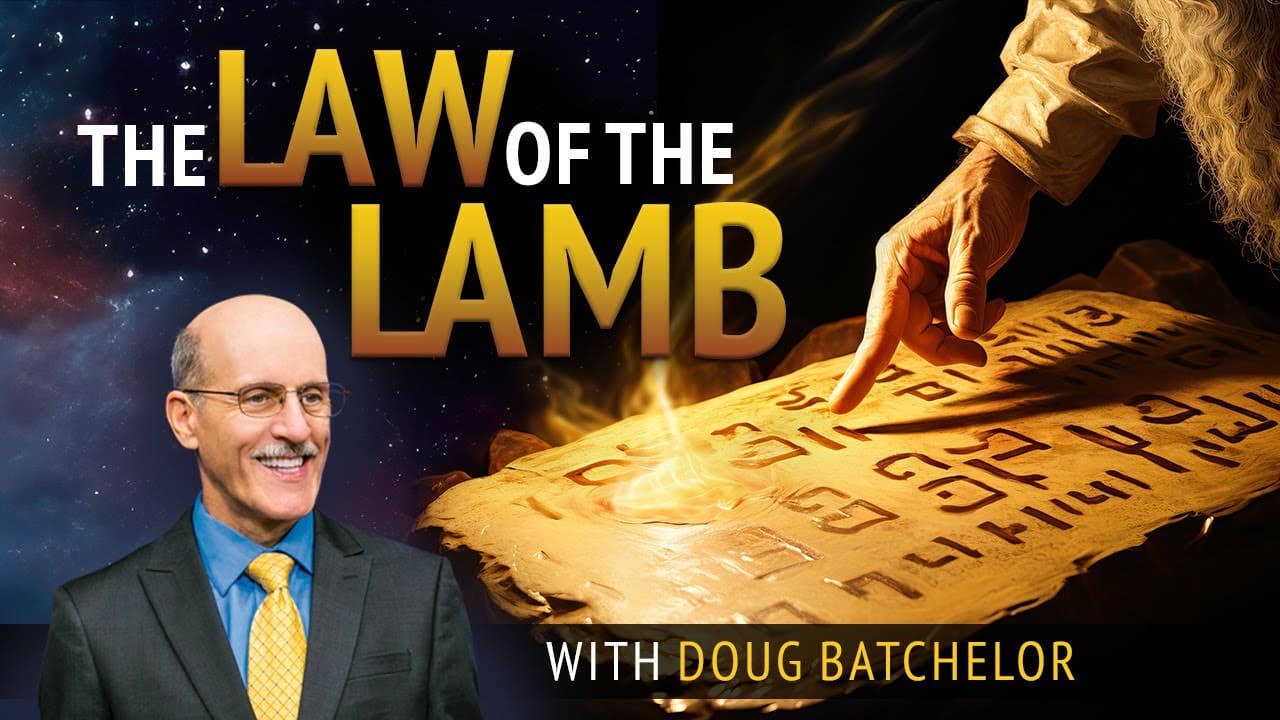In North America, the establishment of the two-day weekend, which is now taken for granted, was influenced by the challenges faced by Sabbath-keeping Jews, particularly new immigrants, in a predominantly Sunday-keeping Christian nation. The unique cultural and religious practices of Jewish immigrants clashed with an environment that did not support the observance of the Sabbath.
During the late 19th century, a large influx of Jewish immigrants arrived in the United States, escaping persecution, and seeking a new life. However, the reality they encountered was far from ideal, especially for poor workers who faced exploitation and gruelling working conditions. The predominant Christian culture in America included Sunday as a day of rest, enforced by various Sunday-closing laws at different levels of government.
Reform Judaism, a more liberal branch of the faith, aimed to assimilate Jews into the prevailing culture and did not sympathize with Sabbath-keeping practices. In 1885, they even suggested that Jews could hold divine services on Sunday, disregarding the biblical Sabbath. This expectation outraged many Jews who believed in religious liberty and questioned how they could be compelled, by law, to violate one of the Ten Commandments.
Initially, some Jews attempted to fight against Sunday laws, but their efforts were met with little success because of the power and influence of the Protestant and Catholic majority. However, Rabbi Bernard Drachman emerged as a leader in advocating for the right of Jews to observe the Sabbath. By 1910, he proposed a two-day “Sabbath” system that would accommodate both Jews and Christians, with Jews observing the seventh-day Sabbath and Christians observing Sunday.
Drachman presented his ideas at a Lord’s Day Alliance meeting in 1915, puschin for a five-day workweek with a two-day Sabbath. However, his proposal faced opposition from some Christians who were suspicious of Jewish involvement and feared any infringement on Sunday observance. Antisemitism also played a role in resistance to the Jewish community’s efforts to maintain the seventh-day Sabbath.
Over time, with growing labour movements and public pressure for better working conditions, the idea of a five-day workweek gained traction. Business magnate Henry Ford played a significant role by implementing a five-day workweek in his plants to address labour unrest. Eventually, the Great Depression and the New Deal solidified the five-day workweek as the norm in America.
This change allowed Sabbath-keepers to observe the seventh-day Sabbath while those who preferred Sunday observance could continue to do so, despite the lack of biblical support for Sunday as a holy day.
To delve deeper into the biblical significance of the Sabbath and its distinction from Sunday, one can explore resources such as “The Lost Day of History” and “The Mark of the Beast.” These materials shed light on important truths that many people still do not fully understand.
Article contributed by Clifford Goldstein.














